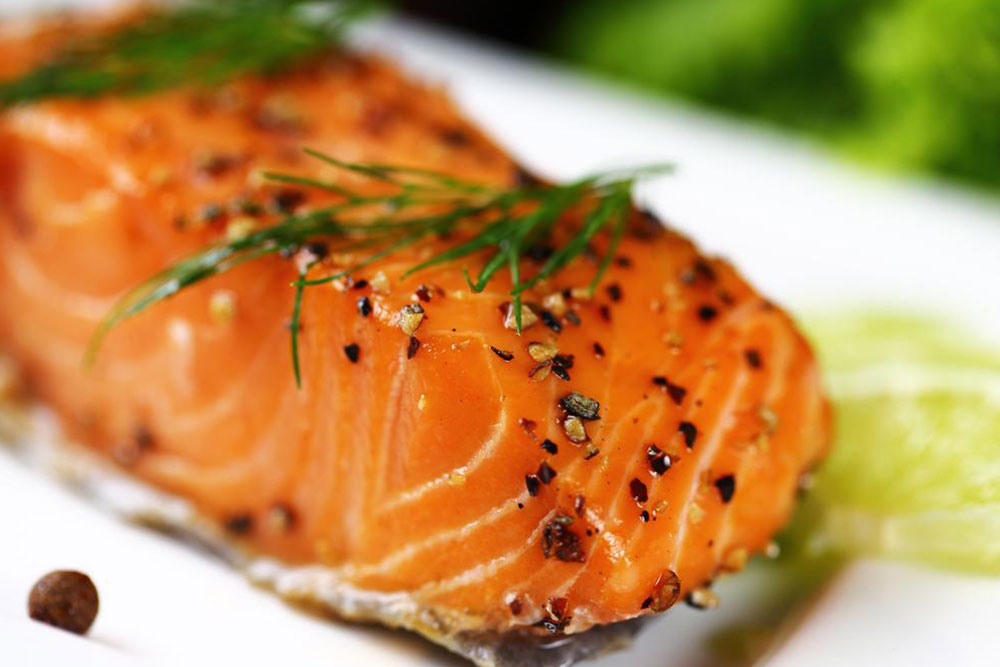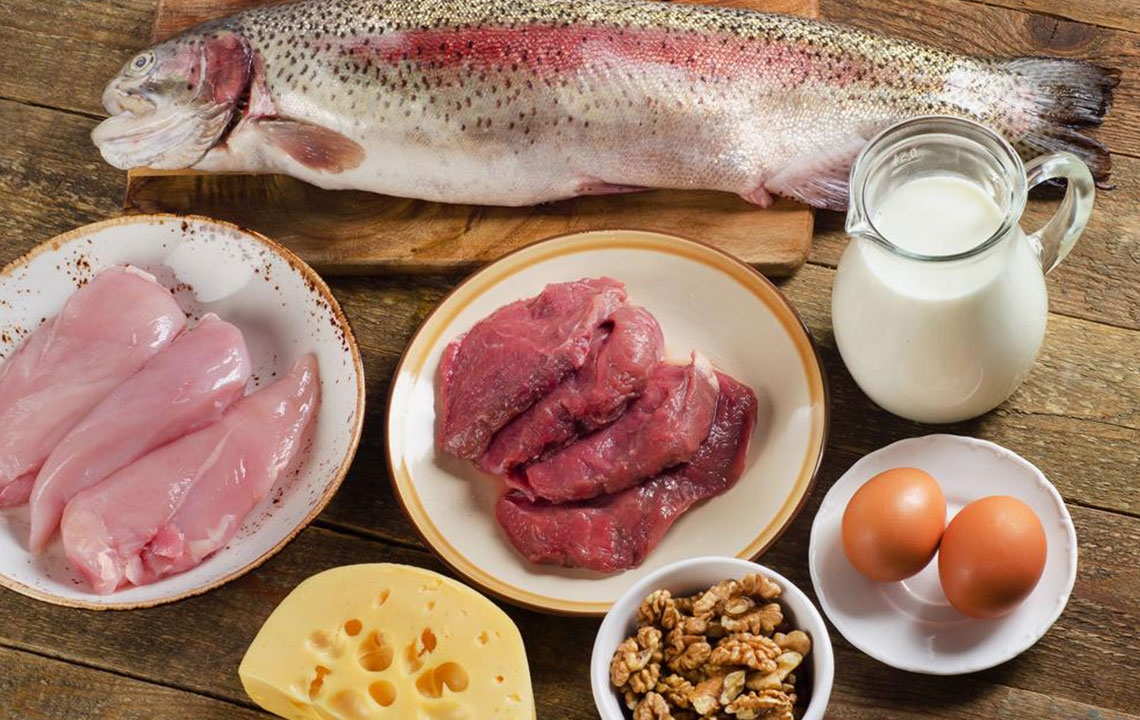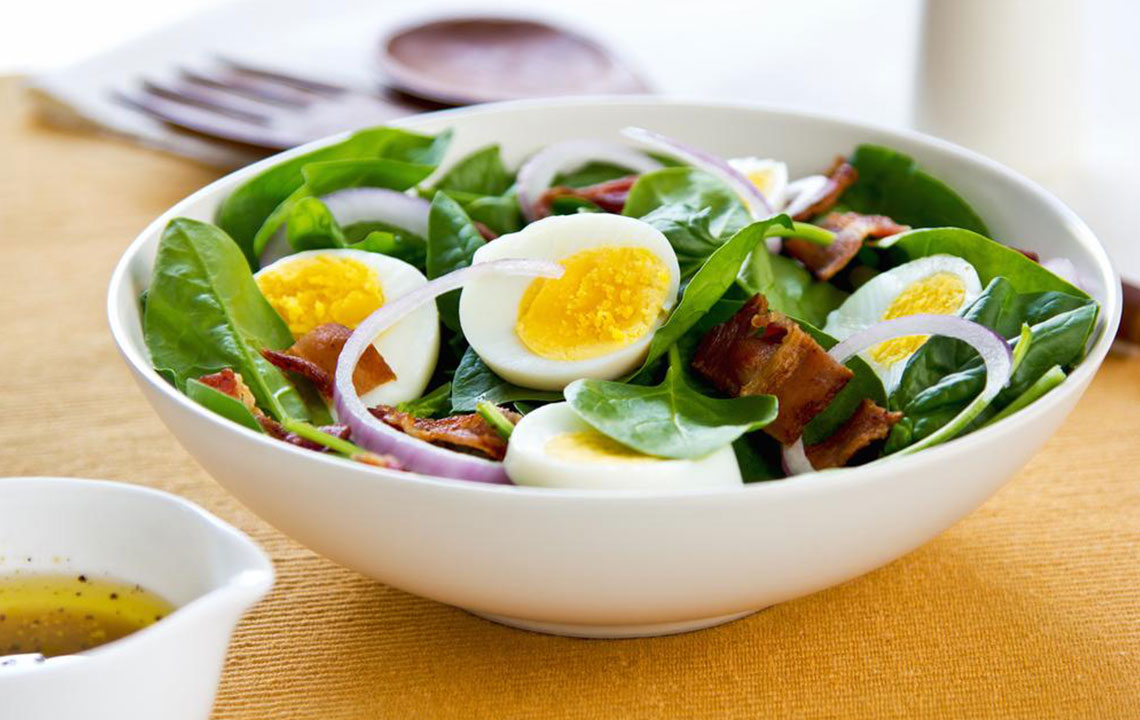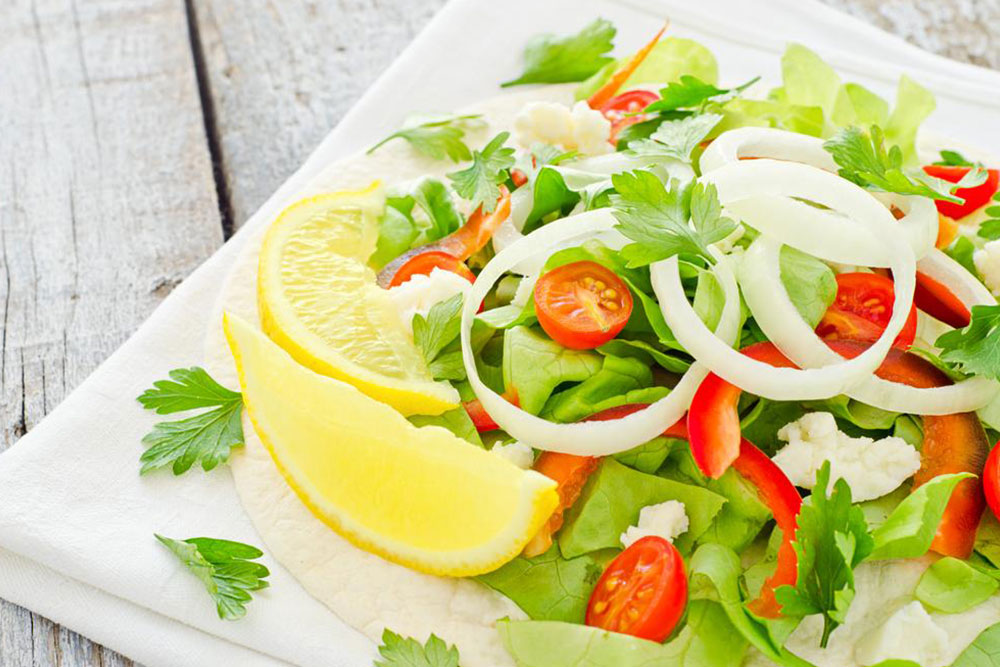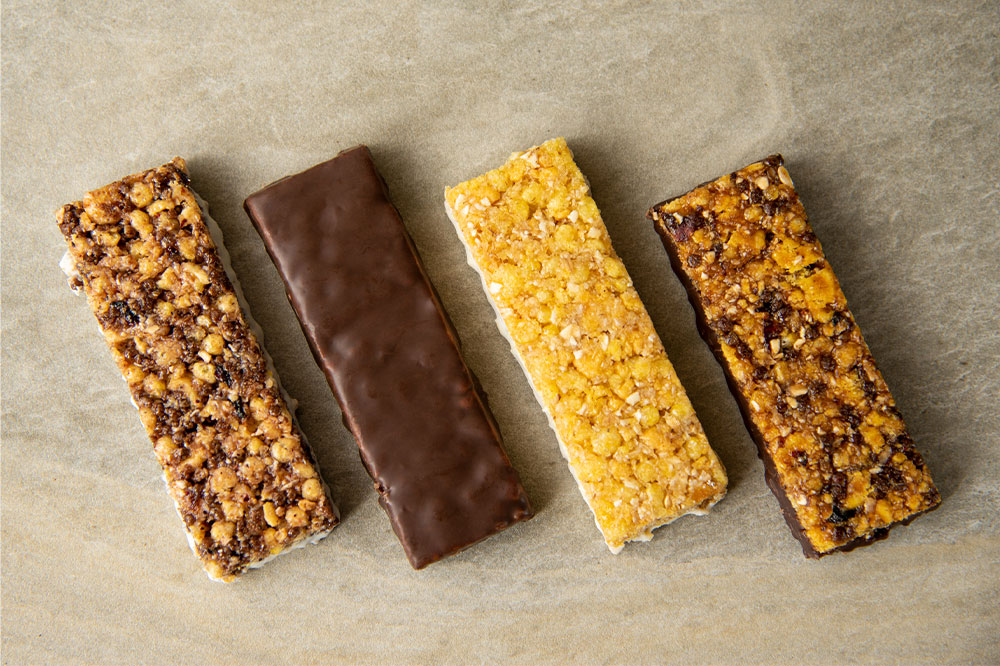Comprehensive Guide to the Top 8 Protein-Packed Foods for Enhanced Health and Vitality
Explore the top eight high-protein foods essential for maintaining optimal health. This comprehensive guide covers both animal and plant-based sources, detailing their benefits, nutritional content, and best ways to incorporate them into your diet. Whether you're aiming to build muscle, bolster your immune system, or manage weight, these nutrient-dense options can help you achieve your health goals effectively.
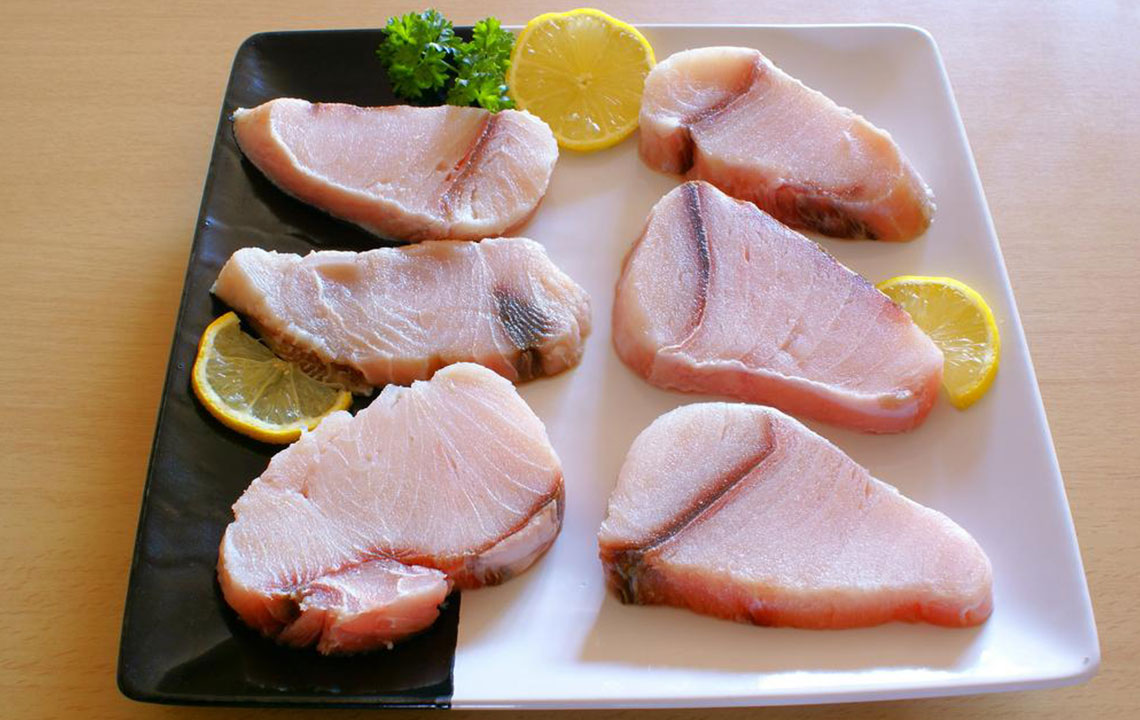
Comprehensive Guide to the Top 8 Protein-Packed Foods for Enhanced Health and Vitality
Proteins are fundamental macromolecules composed of amino acids linked together in chains called polypeptides. These chains fold into complex structures to form functional proteins, which are vital for numerous biological processes. Often dubbed the "building blocks of life," proteins play an essential role in supporting muscle development, strengthening the immune system, facilitating cellular repair, and maintaining the structural integrity of tissues. They are also critical for hormone synthesis, enzyme function, and cellular communication. Ensuring adequate protein intake daily is crucial for maintaining optimal health, whether consumed from animal sources, such as meats and dairy, or plant-based options, which are especially important for vegans and vegetarians.
This article explores some of the most effective and nutrient-dense high-protein foods suitable for different dietary preferences. Whether you're a meat lover or a plant-based eater, understanding these options can help you optimize your diet for muscle growth, immune support, weight management, and overall health. We will delve into both animal-derived and plant-based protein sources, highlighting their benefits, recommended serving sizes, and key nutrients that support well-being.
For Non-Vegetarians:
Turkey Breast
Turkey breast remains one of the premier sources of lean protein, ideal for those seeking to build muscle while minimizing fat intake. Its lower calorie content makes it a perfect choice for weight control, and its richness in selenium—a mineral associated with antioxidant properties—may provide protective effects against certain cancers. Preparing turkey breast simply, through grilling or roasting, preserves its nutritional quality. Including it in your diet can help you stay satiated, reducing hunger between meals. To maximize health benefits, opt for organic or lean cuts free from preservatives.
Serving Size: 100 grams
Protein Content: approximately 30 grams
Chicken Breast
Chicken breast, especially when skinless and boneless, is a dietary staple for athletes and health-conscious individuals alike. Its high protein density makes it ideal for muscle repair and growth. When grilled, baked, or steamed, chicken breast remains a versatile and easy-to-prepare option that offers maximum nutrient retention. Additionally, it's low in saturated fat, aiding in maintaining healthy cholesterol levels. Incorporating chicken breast into your meals can support your fitness goals and contribute to a balanced diet.
Serving Size: 100 grams
Protein Content: approximately 30 grams
Halibut
Halibut, an oily white fish, not only provides a substantial amount of high-quality protein but also supplies omega-3 fatty acids essential for cardiovascular health and brain function. Its low saturated fat content makes it a heart-healthy protein source. Rich in nutrients, halibut can support muscle development and help reduce inflammation. Being low in contaminants like mercury (when sourced responsibly), it is a safe seafood choice that brings both health benefits and exceptional taste to your plate.
Serving Size: 100 grams
Protein Content: approximately 26 grams
Pork Loin
Pork loin is recognized for its high protein and zinc content, which play roles in immune health and enzyme functions. When cooked gently, it retains tenderness and flavor, making it a perfect addition to salads, stir-fries, or roasted dishes. Its high leucine level promotes muscle protein synthesis, which is especially beneficial for athletes or those recovering from injury. Choosing lean cuts and preparing pork loin with minimal added fats can help you enjoy its nutritional benefits without excess calories.
Serving Size: 100 grams
Protein Content: approximately 25 grams
For Vegans and Plant-Based Enthusiasts:
Cottage Cheese
Cottage cheese stands out as a rich plant-based protein source, packed with essential amino acids and low in saturated fats. It’s an excellent addition to a vegetarian or vegan diet, providing vital nutrients like calcium, selenium, and vitamin B12—all crucial for bone health, immune function, and energy metabolism. Its creamy texture makes it versatile for both savory and sweet dishes. Vegans may choose fortified plant-based cheeses or alternatives like tofu or tempeh to meet similar nutritional needs.
Serving Size: 100 grams
Protein Content: approximately 32 grams
Nuts and Seeds
Plant-based sources of protein such as pistachios, almonds, walnuts, pumpkin seeds, hemp seeds, and chia seeds offer a powerful combination of protein, healthy fats, fiber, vitamins, and minerals. Incorporating a variety of these into your diet helps meet daily protein requirements while supporting heart health and reducing inflammation. Nuts and seeds are convenient snacks and can be added to cereals, salads, and smoothies, making them an excellent way to boost protein intake throughout the day.
Serving Size: 100 grams
Protein Content: approximately 33 grams
Soybeans
Soybeans are considered a complete plant protein, meaning they contain all essential amino acids required by the human body. They are also rich in omega-3 fatty acids, fiber, calcium, and iron, offering a holistic approach to nutrition. Regular consumption of soy-based products like edamame, tofu, tempeh, and soy milk can support muscle health, bone strength, and cardiovascular wellness. For vegans and vegetarians, soy provides an invaluable source of high-quality protein that rivals animal products.
Serving Size: 100 grams
Protein Content: approximately 17 grams
Milk and Greek Yogurt
Milk enjoys a long-standing reputation as a high-quality protein source, rich in calcium, vitamin B2 (riboflavin), and phosphorus—all vital for maintaining robust bones and teeth, and supporting immune health. Greek yogurt, a thicker and more concentrated form, offers double the protein content of regular yogurt, making it an excellent option for muscle repair and satiety. Consuming these dairy products regularly can help meet daily protein requirements while providing additional nutrients essential for overall health.
